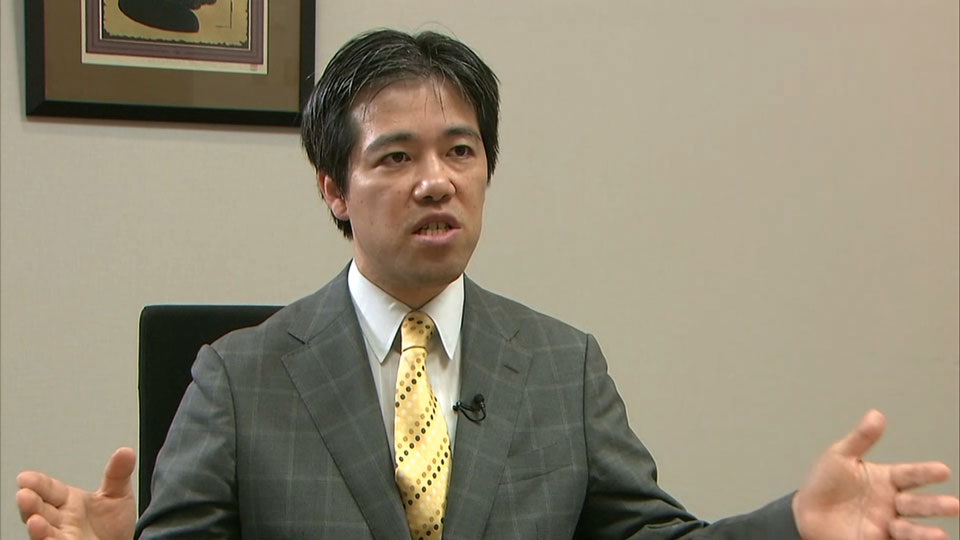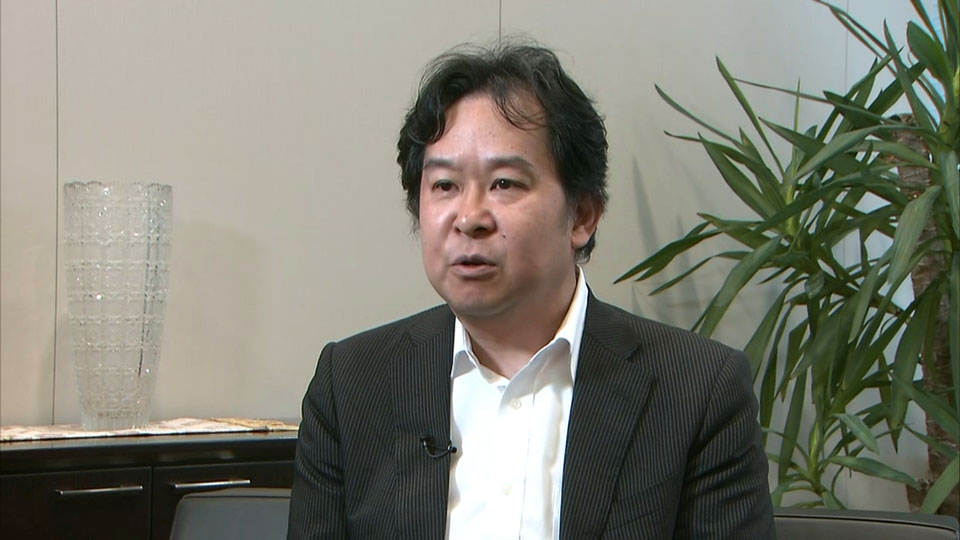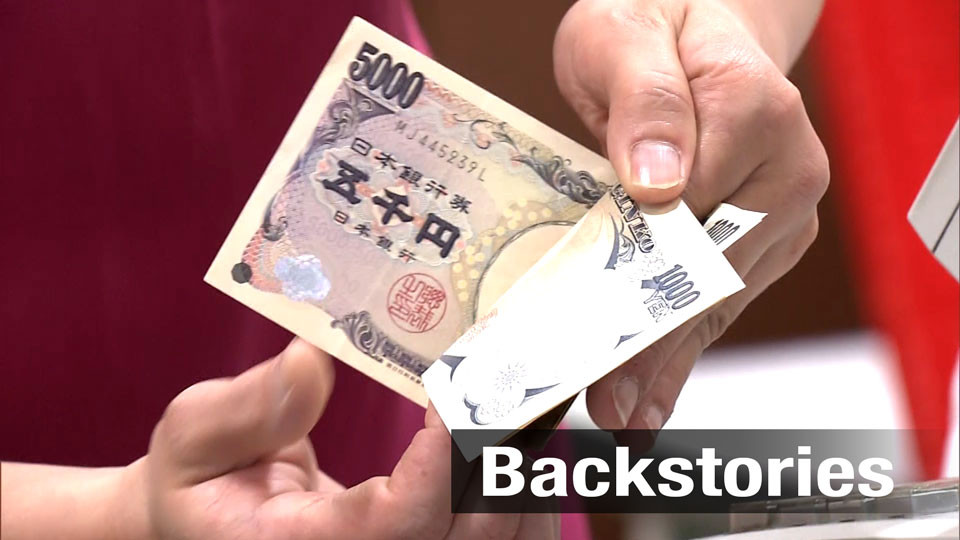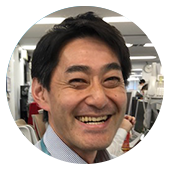Path to the hike
Japan's major political parties agreed they would raise the tax to 8 percent in 2014, before increasing it further to 10 percent a year later. The aim was to cover the ballooning cost of the country's social security system.
The administration of Prime Minister Shinzo Abe put the first hike in place and the fallout was immediate. The GDP shrank by 7.1 percent in annualized terms, the biggest contraction since the March 2011 disaster in northeastern Japan.
Abe twice decided to postpone the hike to 10 percent, first pushing it back to April 2017, and then to October 2019. He said the priority was to lift the country out of deflation.
But now the Prime Minister says Japan is ready. He says personal consumption is solid.
The arguments for and against
The ruling coalition, Liberal Democratic Party and Komeito, has included the tax hike in its campaign platforms. It says Japan needs the increased revenue to cover growing social security costs and pay down national debt. It's also pledging to use some of the money to provide free preschool and childcare.
But the major opposition parties, Constitutional Democratic Party, Democratic Party for the People, Japanese Communist Party, and Social Democratic Party are calling for the hike in October to be canceled. They say the increase will hurt household budgets, dampen consumer spending and slow the economy.
The parties support free preschool and childcare but argue the best way to fund these things is to increase taxes on big business and the wealthy.
Another opposition party, Nippon Ishin, says the government should hold off on the hike for now. It says the priority should be on reducing expenditure through a range of measures, including a 30 percent pay cut for lawmakers.
Experts divided

Hideo Kumano, Executive Chief Economist at Daiichi Life Research Institute, says he thinks the tax hike should go through in October as planned.
"The effects of the global financial crisis in 2008 could still be felt in 2014, when the tax was raised to 8 percent," Kumano says. "But now, more than 10 years have passed since the crisis and the Japanese economy has strengthened. We shouldn't assume the economy will decline after another tax increase, as it did 5 years ago."

But Seiji Adachi, General Manager of Marusan Securities, says he opposes the hike in October.
"It's getting harder to predict where the global economy will go from here, given the US-China dispute," he says. "If the tax is raised, then the Japanese economy will have to contend with two risks at the same time--the first being the hike itself, and the other being an uncertain global economy. It jeopardizes the improving job situation and efforts to lift Japan out of deflation."
As Japanese voters head to the polls, they'll have to decide which party offers the best long-term hopes for the economy while also proposing solutions to their everyday concerns.

